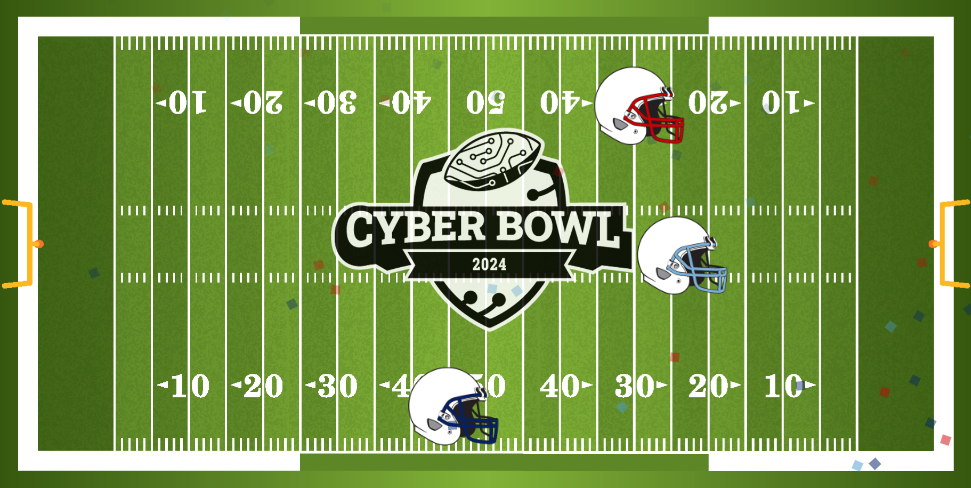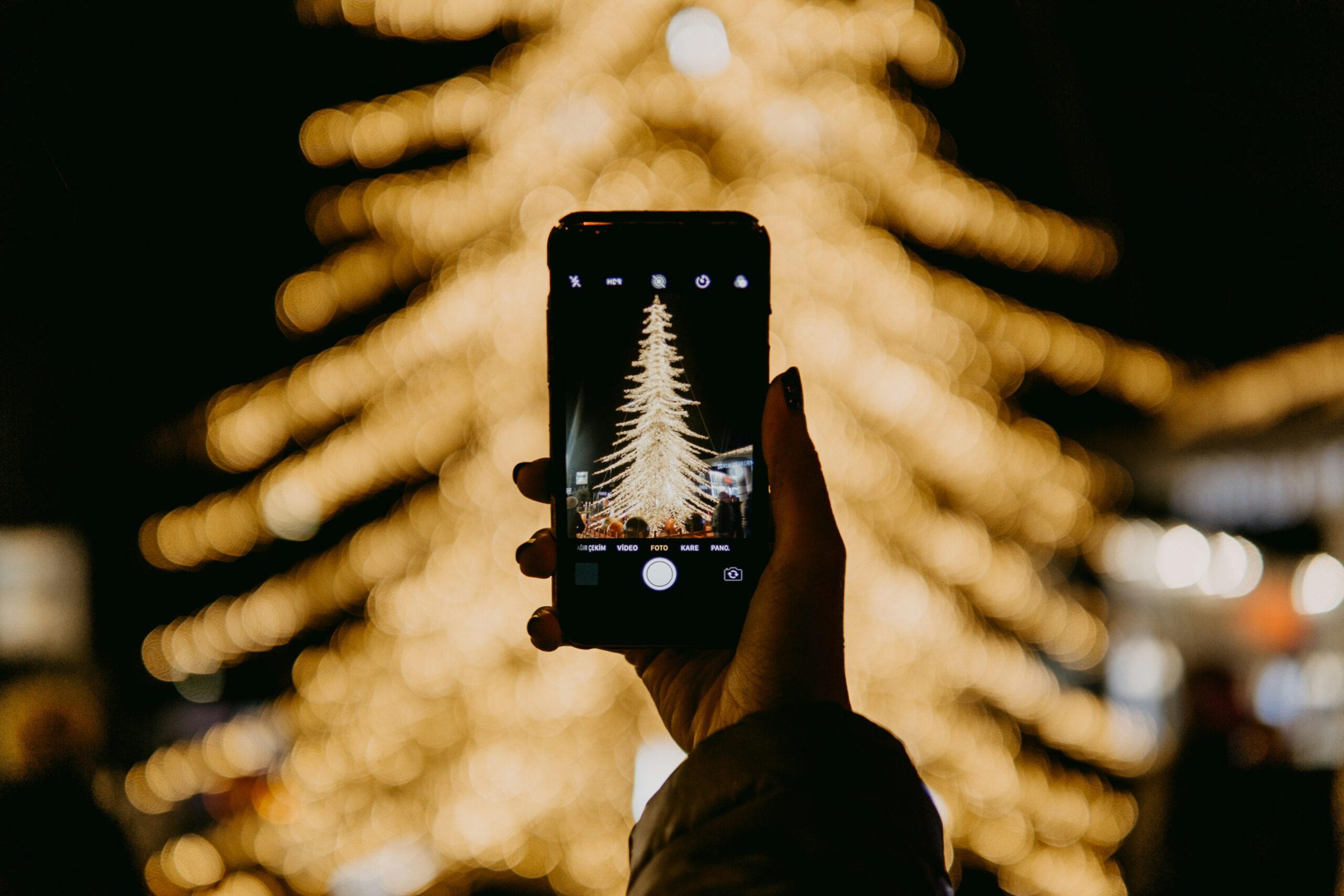University warns against illegal peer-to-peer file sharing
Illegal file sharing of copyrighted material via peer-to-peer (P2P) applications or other means is a serious offense and can lead to university disciplinary actions and criminal and civil penalties.
NC State students, faculty and staff are expected to respect the intellectual property rights of others and refrain from copyright infringement. In many situations, downloading or uploading even one small portion of copyrighted work without permission constitutes copyright infringement. Music, movies, videos, games, and other online media are protected by or subject to copyright laws. It is usually illegal to share them via peer-to-peer applications.
File sharing also increases the likelihood that others could gain access to sensitive data on your computer, such as social security numbers, credit card information, health information, and protected research. Downloading infected files could also install destructive computer viruses that could spread across the university’s network.
If you illegally download, upload, copy, or distribute copyrighted content, even unintentionally, you risk legal action and criminal prosecution, which could result in severe fines, personal financial loss or even imprisonment. For example, a former Boston University graduate student was fined $675,000 for illegally downloading and sharing 30 digital songs online. See Sony BMG Music Entertainment, et al. v. Joel Tenenbaum.
Violating a copyright while using any university network or IT resource may:
- result in a negative insertion into your permanent record at the university,
- serve as evidence in court, and/or
- adversely affect your employment, up to and including separation.
Be aware that copyright holders such as the Recording Industry Association of America (RIAA) and the Motion Picture Association of America (MPAA) use automated systems to detect even small amounts of file sharing, and they aggressively pursue infringements.
In addition, the university is increasing logging and analysis of its wireless network activity to include monitoring of peer-to-peer file sharing. When notified of alleged copyright infringements, the university acts quickly to refer incidents to appropriate university administrators and take steps to stop any unauthorized download or distribution of copyrighted materials.
The following resources can help you become better informed about copyright and copyright law:
- NCSU REG 01.25.02: Copyright Infringement-Policy Statement
- Peer-to-Peer (P2P) File Sharing and a list of legal alternatives
- Office of the Provost, Copyright Administration
- U.S. Copyright Office
- NC State Office of General Counsel: Mike Jung, associate general counsel
- Office of Information Technology: Damon Armour, NC State Digital Millennium Copyright Act agent
For assistance with removing P2P file sharing applications and copyright infringing materials, contact the NC State Help Desk via the NC State IT Service Portal or at 919.515.HELP (4357).
- Categories:


